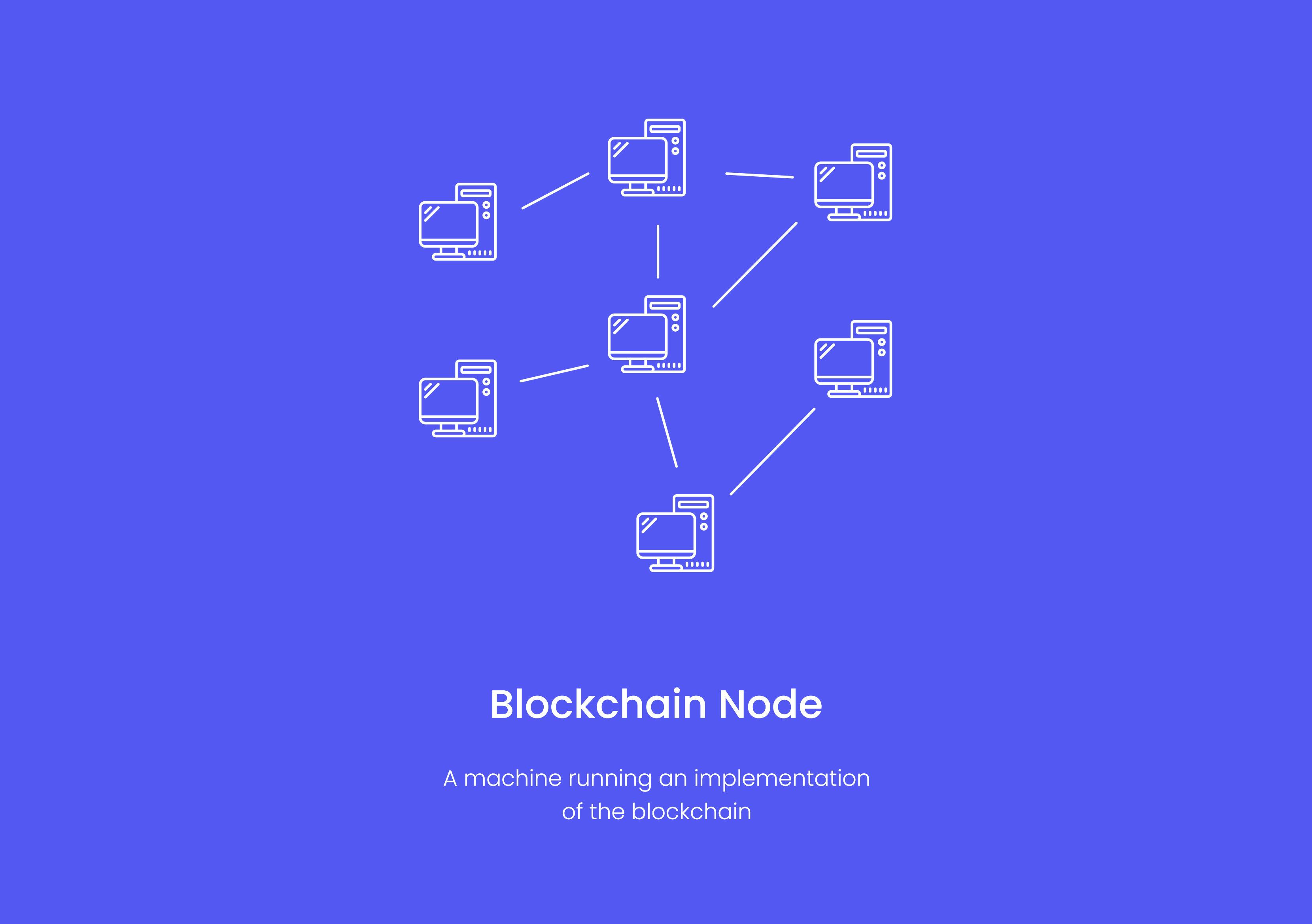Hackernoon
1M
440

Image Credit: Hackernoon
Ultimate Blockchain Nodes Guide: What Is It and How Does It Work?
- Blockchain nodes are essential components for decentralized systems, storing copies of the blockchain and adding new blocks with transactions.
- Nodes consist of hardware (virtual or physical servers) and software to interact with other nodes in the network.
- There are different types of nodes including full nodes, pruned full nodes, archived full nodes, mining nodes, staking nodes, authority nodes, masternodes, and lightning nodes.
- Node operators can earn money through rewards from projects, transaction processing fees, receiving delegation, and providing infrastructure services.
- Launching a node requires initial investments in equipment, stake for validators, and possibly salaries for node maintenance.
- Protecting nodes from attacks like DDoS, brute force, and social engineering is crucial, especially for validators.
- Beginner node operators can start by launching nodes in testnets with lower initial capital requirements and lower operational demands.
- Deploying and maintaining nodes in testnets helps in gaining experience, identifying issues, and building a reputation before transitioning to the mainnet.
- Overall, running blockchain nodes allows for deep technical engagement, potential earnings, and integration into blockchain communities for users.
Read Full Article
26 Likes
For uninterrupted reading, download the app